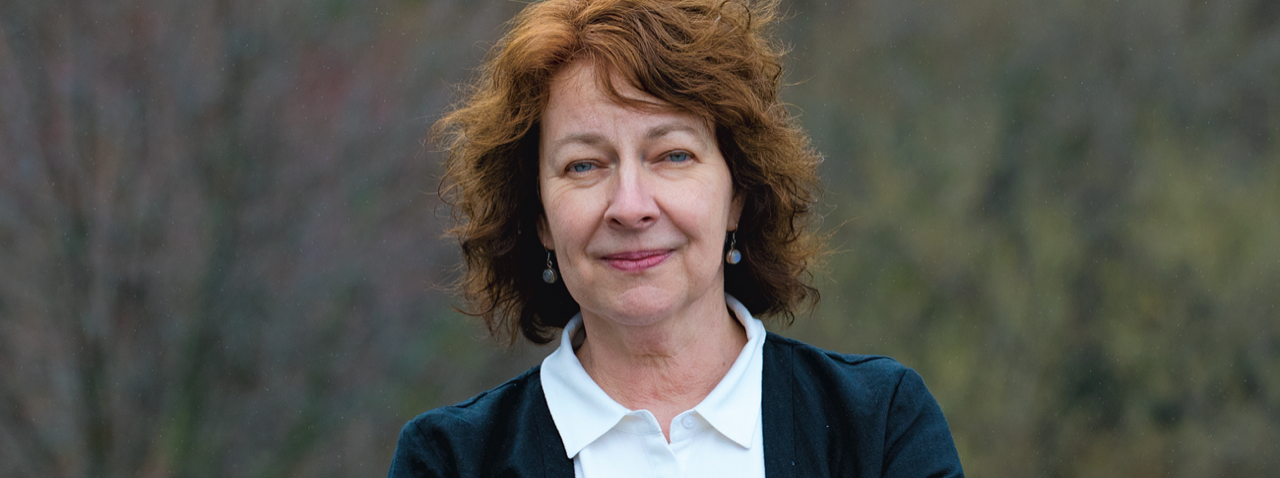
By Brenda Austin-Smith
CAUT has long championed a policy favouring open and transparent searches for administrators outside the bargaining unit. The policy refers generally to all administrators, but perhaps it is time to focus much more pointedly on searches for presidents. While some presidential searches at Canadian universities and colleges have been conducted in an open way, at other institutions the model for appointment has been corporate rather than academic. This usually involves the hiring of an executive search firm, the preparation of a confidential short list of candidates, and no other shared information until the name of the successful applicant is announced in a campus-wide memo, and appears on the institution’s website. Sometimes it seems all that is missing is the plume of white smoke.
Arguments in favour of the corporate process usually claim that the best candidates for senior academic posts will not apply for these positions if the exercise involves a public event of some kind at the short-listing stage. This begs an important question: why is someone who won’t apply for an open search position automatically a better candidate than someone willing to engage with the campus community during the appointment?
Another argument against open searches is that potential candidates have professional positions and relationships that could be seriously compromised if their names were publicly released, and they were finally unsuccessful. But the response could just as easily be that those whose positions might be endangered should perhaps not apply in the first place. A candidate’s unwillingness to participate in a transparent process is not by itself a good reason to alter procedures. Applicants whose current employment arrangements require the protection of confidentiality may not be suited to, or supportive of, the transparency and openness required of collegial decision-making.
A third argument often advanced against open presidential searches is that they undermine or impugn the judgment of search committees. Faculty, staff, and students are usually represented on these committees, and so why subject a candidate to the scrutiny of those without the knowledge or expertise of committee members? One good answer to this question is that members of search committees are no less authorized to make a recommendation to the board simply because one part of the search involves a public element.
There are many ways of making a search open. It doesn’t follow that a public presentation to students and faculty by a presidential candidate invalidates or replaces the discussions search committees must have about the merits of each applicant. Nor does it follow that information provided by a meet and greet can’t be useful to the search committee. Don’t we seek the most informed decisions possible? Watching and listening to a potential president interact with the campus community provides information about how they are likely to present themselves and engage others in the future. Search committees are still free to use that information as they wish in their private deliberations.
There is much to be gained from an open search by both parties to the exercise. Search committee members make up a small part of the greater campus community, the one the aspiring candidates wish to serve. It can help candidates who have met only a search committee to have access to members of the larger workplace. Information flows both ways, and candidates for the top academic position have a right to hear from the campus public about the state of the institution from that perspective, warts and all. Offering that contact as part of the campus visit can begin the building of connection and trust that a president needs in order to serve that public well.
Open searches are common, even for presidents, in public universities in the US. Not to mention that most academic staff in Canada and elsewhere are hired at the end of open searches that involve research and teaching presentations as well as meetings with students and administrators, all in addition to the time we spend privately with the search committee. Academic presidents in Canada should lead by example when it comes to supporting openness in the search process, no matter the level of the appointment. It’s the collegial thing to do.